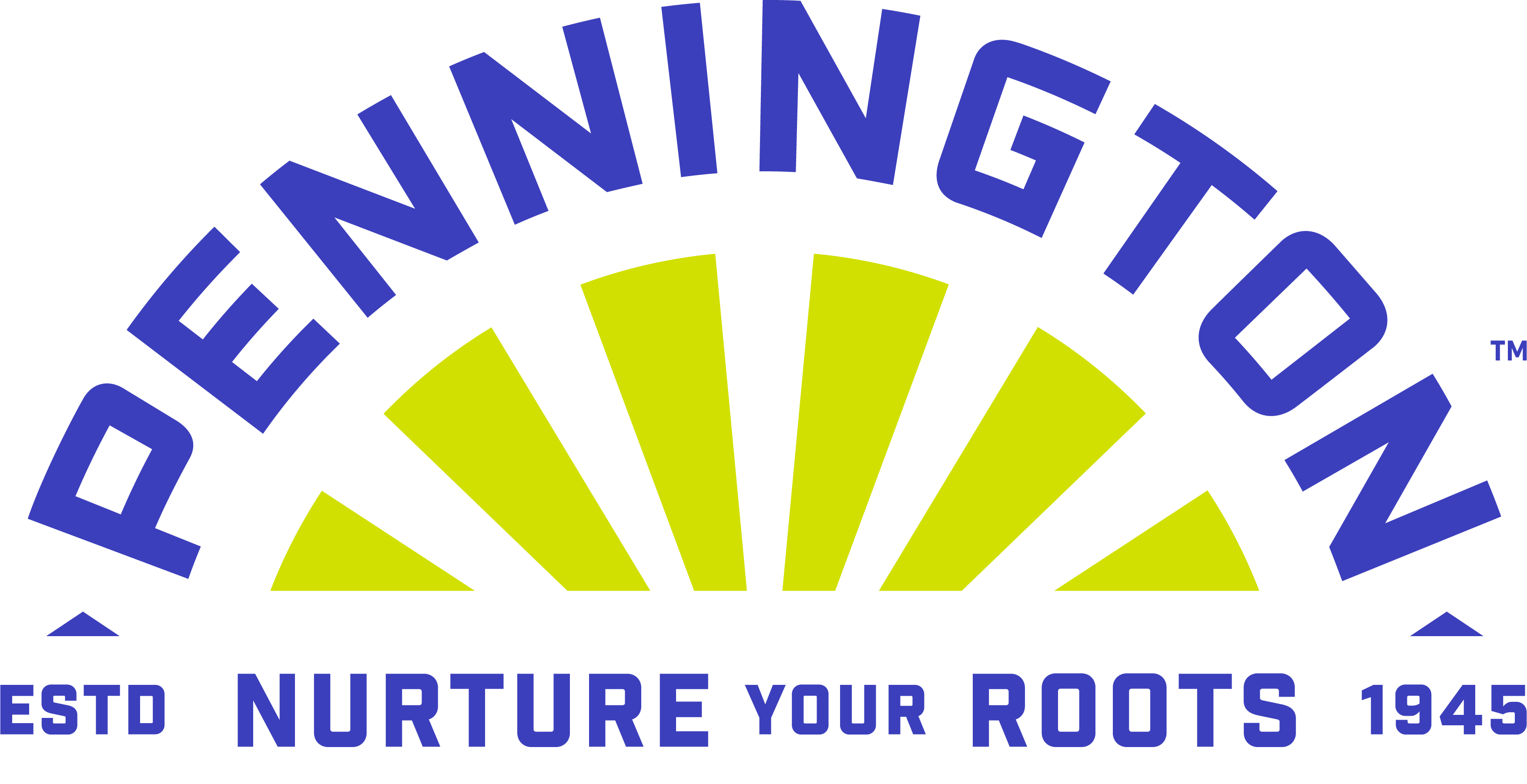Why and How to Contact Your Local Extension Agents
Keeping your lawn and garden healthy and beautiful takes commitment and knowledge. Time-proven lawn and garden know-how paired with the latest research-based advances can put you on a fast track to success. Fortunately, that kind of expertise is available right in your local area, through your county extension office. One of the most valuable — and often underutilized — resources for solid, expert lawn and garden knowledge, the Cooperative Extension System (CES) and its county extension agents stand ready to help.
A History of Continuing Service
For more than 100 years, extension agents have worked to enrich American lives through sharing practical, research-based knowledge. The informal educational programs, hands-on demonstrations and learning activities that shaped today's extension programs were born out of agricultural groups of the early 1800s; farmers met regularly to share their challenges and secrets to success.
In 1914, the Smith-Lever Act formally recognized the Cooperative Extension System, made its mission official, and tied it to the nation's land-grant colleges and universities.1 Originally underwritten by grants of state land, these institutions were dedicated to expanding opportunities for higher education in agriculture and in mechanical arts, such as engineering and other applied sciences. The Smith-Lever Act formalized a cooperative effort between the U.S. Department of Agriculture (USDA) and land-grant institutions to get the fruits of their research programs into the hands of people like you.

Extension's agricultural roots lay a sound foundation for lawn and garden advice.
Now backed by county, state and federal funding, more than 100 land-grant colleges and universities exist today, and extension remains part of their purpose.1 Through a national network designed to reach directly into local communities, thousands of extension offices and agents are tasked with providing you with top-notch lawn and gardening knowledge, and helping you put that knowledge to work.
Ways Local Extension Agents Can Help
County extension offices and agents are familiar to residents of rural areas, but extension services don't stop where cities start. The reach of today's extension programs far exceeds their agricultural roots. CES programs cover diverse subjects, from small business and personal finance to health and nutrition, but horticulture and gardening remain mainstays of extension agent expertise. Well known examples of programs under CES guidance include the Master Gardener training and volunteer program and 4-H youth development programs, which introduce rural and urban youth to gardening and other valuable life skills, such as effective communication, civic involvement, visual arts and healthy living.

Extension serves a vital role in getting knowledge from university researchers to the public.
County extension agents have a special advantage in helping with your lawn and garden growth: Agents live in the regions they serve. When a problem emerges in your lawn or garden, your local extension expert can see it firsthand. That local perspective allows them to zero-in on the area-specific issues involved.
When improper soil pH causes problems for your lawn, your extension agent knows the region's norms and challenges. When a worrisome insect pest shows up, extension agents have an answer aimed at where you live. From kits and instruction for soil testing to your area's anticipated frost dates and canning tips for abundant garden harvests, your county extension agents and a network of extension researchers are there to serve.
Connecting With Your Extension Experts
Extension research and outreach programs vary by state, but extension offices and agents have a common denominator: They strive to be easy to find! Fulfilling their mission depends on providing the best and latest research-based insights to the public, so their office locations are designed to make that happen. Wherever you live in the United States, agents are likely nearby.
Local telephone directories still include CES offices in their government listings, but the Internet makes connecting even easier. The USDA's interactive extension map helps you locate your state's main extension office with a simple click on your state. From there, you can find the county-specific contact information you need. You can also tap into extension expertise online. Through eXtension.org's Ask An Expert program, you can get prompt, expert responses to your lawn and garden questions. You can even choose to keep your questions and answers private or share them so others can learn, too.

Introducing youth to gardening and other horticultural projects is an extension hallmark.
Pennington's university partnerships with several land-grant institutions help support the work of the researchers and educators who produce and distribute the expert lawn and garden knowledge and advice your local extension agents provide. From sharing educational resources to helping you connect with extension experts, Pennington is committed to supporting your lawn and garden education and needs.
Source:
1. U.S. Department of Agriculture, National Institute of Food and Agriculture; Extension.

